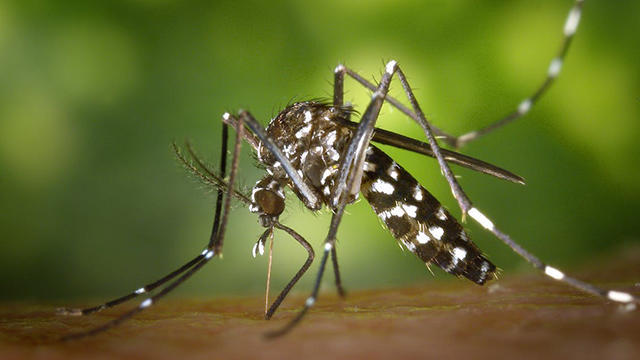West Nile Virus Found in Milton Mosquitoes
Published July 26, 2017 at 11:46 am

If you love the outdoors, you’ll want to be in the know: A batch of mosquitoes trapped in Milton has tested positive for West Nile virus (WNV), making it the first confirmed sample in town this yea
If you love the outdoors, you’ll want to be in the know: A batch of mosquitoes trapped in Milton has tested positive for West Nile virus (WNV), making it the first confirmed sample in town this year.
The Halton Region health department “works diligently to reduce the risk of West Nile virus in our community through both education and preventative programs such as larviciding,” said acting Medical Officer of Health Dr. Daniela Kempkens.
Four batches have already been confirmed in Oakville this year, for a total of five WNV positive mosquito batches in Halton to date.
Urban areas are more likely to have mosquitoes carrying WNV.
The types of mosquitoes that transmit WNV to humans most commonly breed in urban areas, typically in places holding water such as bird baths, plant pots, old toys, and tires.
Residents can take the following steps to protect themselves and their families from mosquitoes:
Cover up. Wear light-coloured, long-sleeved shirts and pants with tightly-woven fabric.
Use an approved insect repellent, such as one containing DEET or Icaridin.
Avoid being outdoors from early evening to morning when mosquitoes are most active and likely to bite, as well as at any time in shady, wooded areas.
Make sure your window and door screens are tight and without holes, cuts or other openings.
Reduce mosquito breeding sites around your home by getting rid of all water-filled containers and objects, where possible. Change the water in bird baths at least once per week.
A map showing the locations of standing water sites that have had larvicide applied this year is available here.
Residents can phone 311 or e-mail [email protected] to report standing water at public facilities.
insauga's Editorial Standards and Policies advertising





